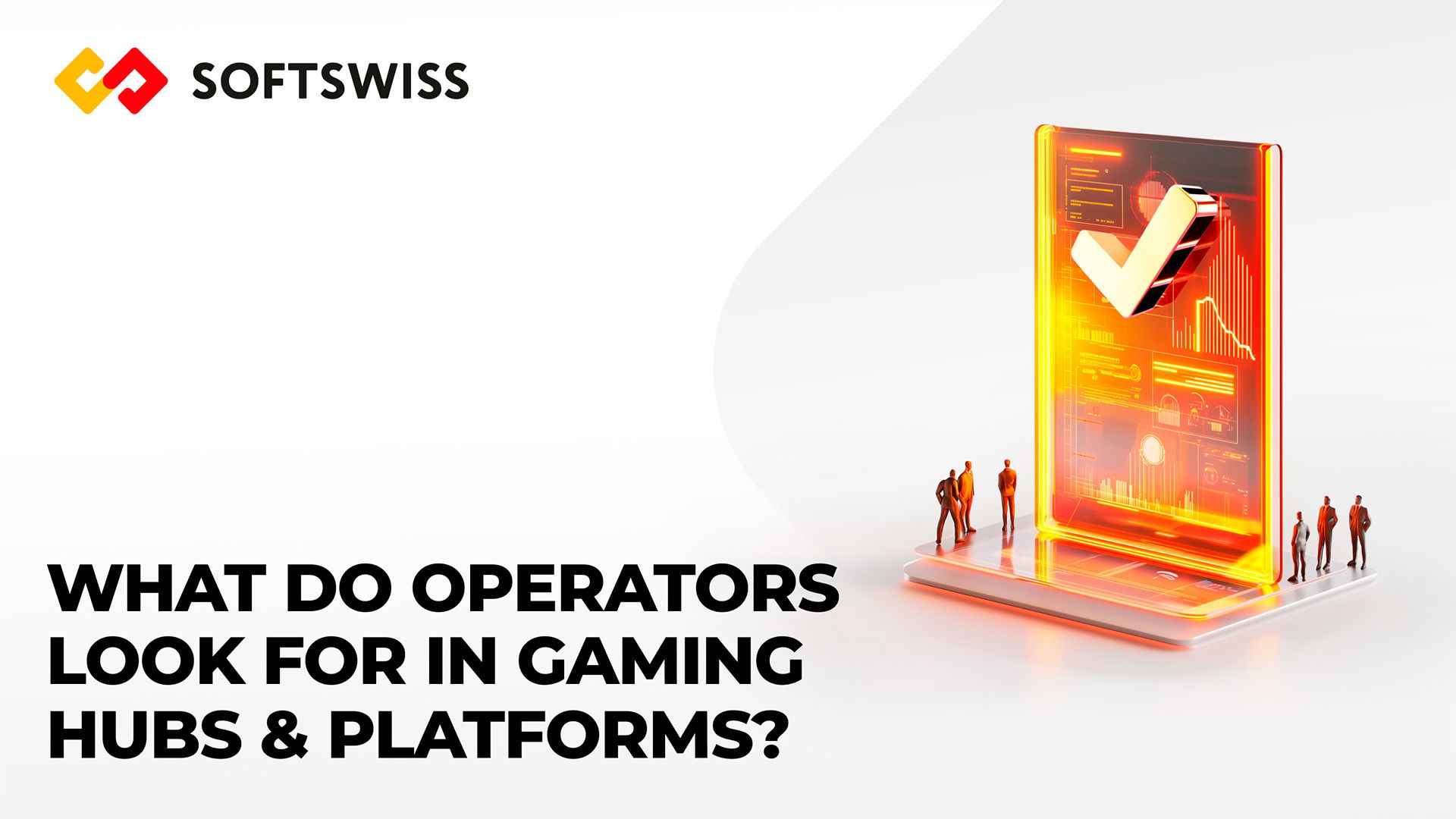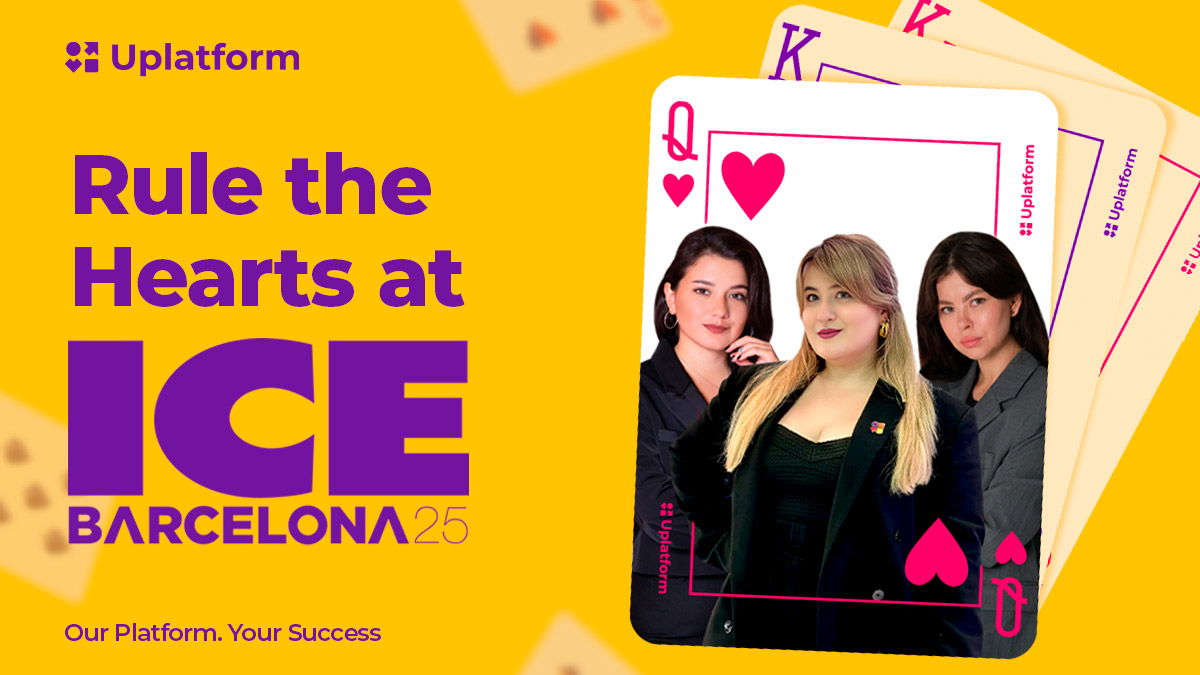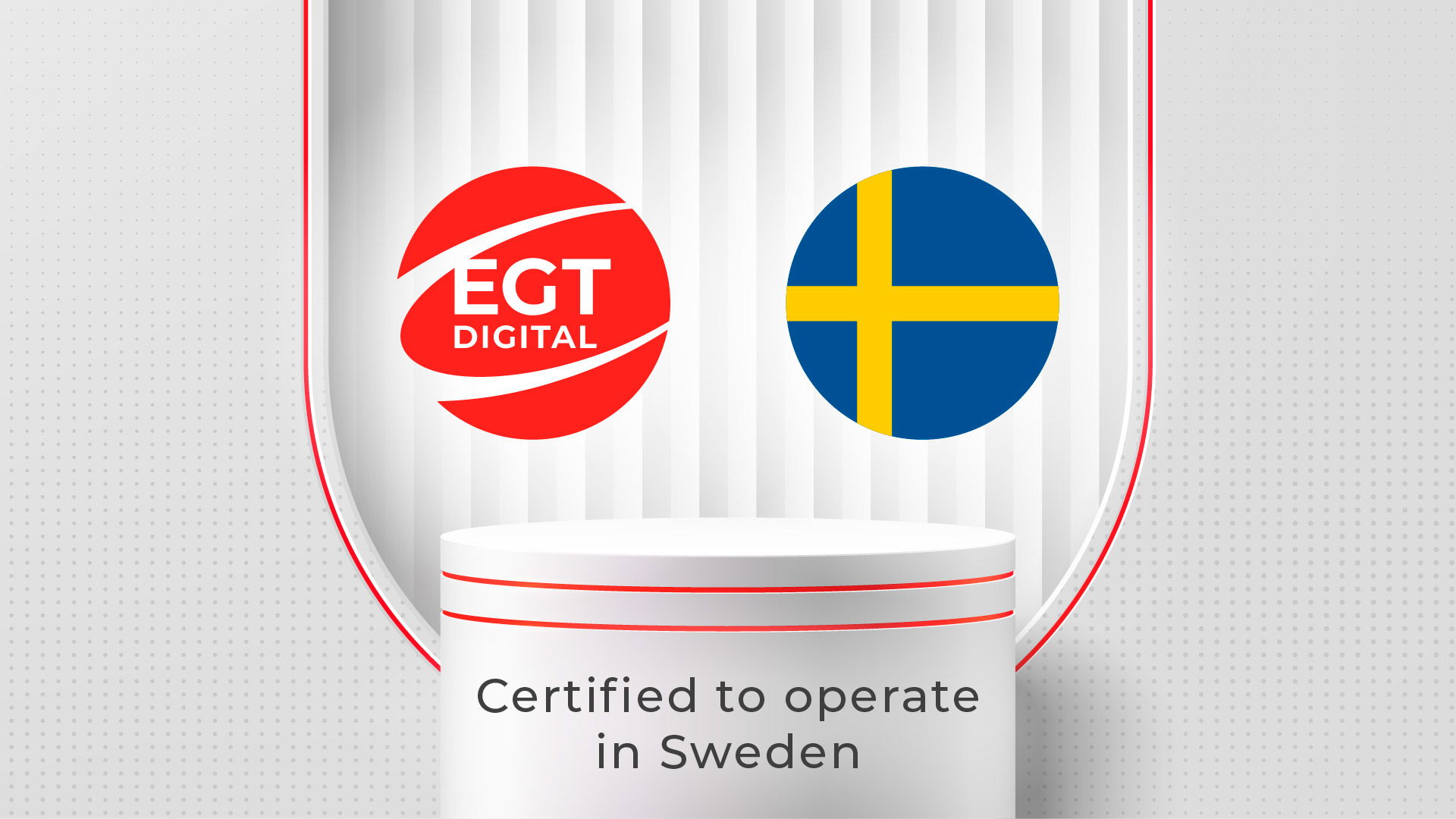How to start an online casino or sportsbook in Estonia in 2021

Ayvar Gabidullin is Business Development Manager at Slotegrator. He has over 5 years of experience managing B2B and B2C sales departments in the online gambling industry. He started his career working in customer support for online casinos and grew to become the head of a department offering tailored services to VIP players. He joined Slotegrator with a strong focus on the company’s products and deep knowledge of what players need.
The gambling industry can be extremely dynamic — and in many places, turbulent. But the Baltic nation of Estonia is an example of stability and prosperity. The country has a regulated gambling market with solid legislation, transparent licensing, and clear taxation, and since 2020 the share of iGaming in the overall gambling mix has increased rapidly.
Regulated since 1995, the legal market was originally focused on land-based casinos and lotteries, but in recent years it has shifted to online gaming. According to analysts from Estonian data company Kantar Emor, the number of regular online gamblers doubled during the period between 2014 and 2019, while the number of traditional players stayed largely the same. After the pandemic hit, this growth compensated for the decrease of the land-based market both in terms of overall market size and tax revenues for the state.
iGaming is primarily popular among younger people from urbanized areas, and the country has consistently low rates of problem gambling. It’s interesting to note that the legal age for gambling is different for lotteries (16), betting (18), and everything else (21).
Estonia found a way to make the gambling industry benefit society as a whole: tax revenues fund sports, education, and cultural projects, as well as social support and healthcare programs aimed to help people with disabilities.
At the moment, the market is dominated by lotteries, and as other forms of gambling entertainment grow in popularity, there is still room for new providers of slots, poker, table games, and sports betting.
Starting a gambling enterprise in Estonia
When opening an online casino or a sportsbook, the first step is rigorous market research. If Estonia’s favorable regulations and high demand have already caught your attention, let’s look at the step-by-step process of opening an iGaming business there.
Establishing a company
Estonian law doesn’t explicitly oblige operators to register a company in Estonia, but it’s necessary to have a physical office in the country. The Tax and Customs should be notified about changes of ownership whenever a holding of at least 10% is acquired, increased or changed. There is also a requirement of minimal capital that a public limited company or private company should have, depending on the form of gambling it plans to offer:
- €1 million in case of games of chance, including online casinos
- €130,000 for sports betting
- €25,000 for games of skill
Getting a license
Estonia is one of the more economical European markets when it comes to operating expenses. License costs, which include the license fee and operating permit, are €51,200 for online casinos and €35,200 for sportsbooks. The validity of the license is not limited; this is a one-time investment.
Tax rates are specified in the Gambling Tax Act. Land-based operators pay 10% of their net gaming revenues, €1,278.23 per gambling table, €300 per game-of-chance machine, and €31.95 per game-of-skill machine. For online casino and betting operators, the tax rate is 5% of the total bets excluding winnings.

The licenses are issued by the Estonian Tax and Customs Board, and the laws that specify what rules and regulations operators have to be compliant with are specified in the Gambling Act, as well as in the Money Laundering and Terrorist Financing Prevention Act and also the General Part of the Economic Activities Code Act.
Platform
After the bureaucracy is dealt with, it’s time to focus on the technical side of your business. In order to offer your players an amazing experience, you need a platform solution, which includes the functional core of your online casino or sportsbook. This includes a backend that unifies the games, payment systems, and web functionality of your site, as well as the frontend that your players interact with.
Platform solutions come in different varieties depending on the available functionality. Turnkey solutions give operators a complete set of technical features while leaving them in control of design and user interface, and White Label solutions allow for a quick start with existing business structures and a license.
A platform’s stability and usability are of utmost importance. It has to work smoothly with content and payment systems, as well as be up to contemporary standards. If you are planning to acquire the platform and content from different vendors, double-check that all of the pieces will fit and the different modules can all work together.
Gaming content
Games are the bread and butter of any gambling business. You have to make sure that your content offering is competitive because players won’t stick around if the game choice is limited and the themes are stale.
There is stable demand for online versions of the traditional casino experience. Classic card games like poker, baccarat, and blackjack are an absolute must. The same goes for roulette — it’s a solid alternative for players that are used to land-based casinos. As many players in Estonia are first exposed to lotteries and instant wins, roulette also serves as a way to get a somewhat familiar experience which doesn’t require much prior knowledge and skill to enjoy.
Naturally, slots will be a big part of your online casino’s offering. Gambling halls and physical slot machines were a staple of the Estonian gambling industry in the years following legalization, and there is a large base of slot game players in the country.
There are two main things to consider when deciding on your slot strategy: themes and game mechanics.
Themes should be as varied as possible because people have different tastes: some strictly enjoy classic fruit slots, while others are fans of oriental and Egyptian themes, Western aesthetics, or futuristic slots. In any case, players enjoy having a choice, so when they get tired of one game, there should be something completely different to provide a change of pace.
Besides the graphics and music, slots have different game mechanics and volatility. There are games with lower average bets and lower payoffs, as well as riskier games that ask for bigger wagers. The number of paylines, the presence of wild symbols, scatters — these are what makes slots such a diverse form of entertainment. Make sure your platform offers a wide selection of options to cater to everyone.
Another form of gambling entertainment that’s a great fit for the Estonian market is live dealer games. Players used to land-based casinos, lotteries, and bingo are naturally drawn to a familiar experience, and live dealer games offer exactly that. Providers make it possible by using cutting-edge technology that guarantees a high-quality transmission with no outages; by employing trained professionals, these games deliver a real casino experience and have meaningful human interaction.
Different developers focus on different types of products, and each content provider on the market has its own specialty and a range of signature products. Ask your aggregator what developers are available in your region of operations, and what each of them brings to the table.
Sports selection
If you are starting a sportsbook, offering a wide selection of sports and bets is extremely important. First of all, make sure that the types of bets and wagers that you are offering are in line with the expectations of local punters.
Every region has its quirks when it comes to how things are called and what types of bets are popular. The best way to gauge what to offer is to look at what your competitors are advertising and how the available selection compares to other markets.
When selecting sports, it’s best to follow the same logic. It’s well known that both local and international football is very popular in Estonia, but the most widely loved sport in the country is actually basketball. Estonia has a strong spectator culture, and there are many strong teams that compete both locally and internationally.
As in neighboring Baltic countries, hockey is widely played, watched, and discussed, but the country also has a unique local winter sport — ice cricket. It’s played on the surface of a frozen lake, and it’s popular enough that the country has actually had a Cricket Association since 2007.
Estonians also appreciate cycling, which isn’t a common betting sport in other countries. Events like the Tour De France draw a sizable number of punters, in part thanks to historical victories of famous cyclists like Jaan Kirsipuu.
Payment systems
As Estonia is a part of the eurozone, players have a certain level of expectation when it comes to payment systems. It’s always important to make sure that all financial transactions are processed safely and securely. Besides the Euro, many players like to gamble with cryptocurrencies, which is why including this option is extremely beneficial for the potential success of your iGaming business.
Assemble a team
While you don’t need waiters, dealers, and pit bosses as an iGaming business, you still need a lot of professionals to keep the gears turning. To stay compliant and run your business effectively, you will need financial, legal, and administrative professionals (either in-house or outsourced). To keep the platform running smoothly you will need a technical and QA team, and finally, player support and marketing to take care of and grow your player base.
Estonian authorities facilitate the transparency and legality of the gambling market, so it makes sense to invest in an anti-fraud department to make sure that players are enjoying the entertainment honestly and using legally obtained funds.
Player Acquisition and Retention
Starting a casino or sportsbook is just the beginning. Once you open your virtual doors, it becomes your daily task to keep your existing audience entertained, as well as constantly maintaining the flow of new players, so the business can grow and prosper.
Estonian players expect the design and quality of service to be comparable with that of other European markets. Soon the country will become a hotly contested market, full of operators that are ready to provide just that.
Player acquisition requires a properly implemented marketing strategy which will be effective while remaining in compliance with Estonian advertising laws. Unlike many other regulated markets, gambling advertising is not banned in the country, but there are certain rules and limitations to consider. For example, ads must include a warning message: "Attention! This is a gambling advertisement. Gambling is not an appropriate way to solve financial problems. Be familiar with the rules and behave in a responsible manner!".
Fines for failing to adhere to advertising requirements in Estonia are around €10,000, and advertising something that’s expressly prohibited is five times that amount.
Player retention includes re-marketing, loyalty programs, player support, and bonus strategies that make players feel rewarded for interacting with the platform more meaningfully. It also helps to inform players about new releases and bonus options so they don’t forget about you after taking a break.
Ready to start?
Taking the first step is always a little intimidating. There is so much to consider, and at first glance, the number of questions seems overwhelming. However, some opportunities are too good to pass up, and if you are as excited as we are about the potential of the Estonian market and want to know more about how to get a license, launch your own casino or sportsbook platform, or make sure your existing business model translates well into the Estonian market, get a free consultation with our experts.


















































